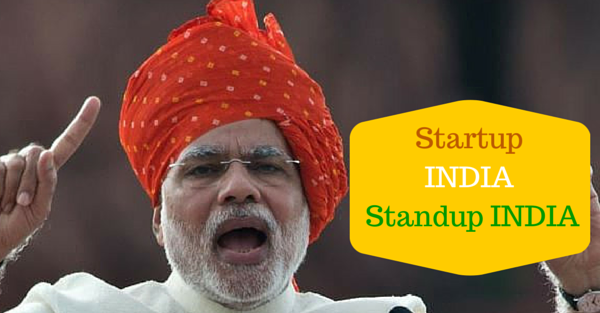Everyone asked Modi govt to support startups. Modi delivered. Along with many good initiatives, a fund is also born. Before it is too late, I suggest the opposite.
Dissolve the fund. Use it for something else.
Before I explain further, let me take you back to 1980s. Indian govt had the noble intention of encouraging small businesses. India had a finance minister B.Janardhana Poojary. He planned to uplift the poor who had the energy, but no money or business experience. Many small business loans were given out. Say for poultry or maintain a cow. Or to start corner store. While supporting the masses to become self employed, the govt pushed the banks to disburse the loans. During the period some banks were taken into govt control.

The loan beneficiaries started reporting losses. Some claimed that the poultry farm had disease and they had to cull. Many stories emerged. Long story cut short, the good banks prior to govt control, started bleeding. Till date those banks never recovered. In spite of all the good intentions of the minister, it didn’t work. Mix of corruption, easy money and genuine losses sank the project.
Cut to 2016. As we speak, there are many technology startups. Most had sufficient funds to operate, at least initially. How many startups are really aligned to the needs of the country?
India’s some of the biggest problems are waste management, urban planning and infrastructure, Agri-produce uncertainties and food processing etc. There are opportunities for almost every sector – core R&D, engineering, quality engineering, IT, non-tech services.
However, the sectors of startups reveal that they are misalgned with country’s needs. Food ordering, E-commerce and aggregators have been the biggest clusters of startups. It is quite easy to figure. There is ecosystem existing for these skills already. Similar to 1980s, the enthusiasts have no business background, while having implementation skills.
If government puts money into most of the startups, it could go down the drain. What if there is good chance of success? Well, private VCs themselves would put money and can manage better. Though government is planning to put money into experienced VC hands, it is still done better by private sector.
The government already did few good things – like simplifying rules for startups and preferences for startups in procurements. But direct or indirect funding? It is complicated and less likely to work.
Then what is that government should do to help ?
First understand how the current startup ecosystems work. Some technologies and businesses become a trend (Well documented by the likes of Gartner Hype Cycle). If government can successfully ‘size’ the market, project technology roadmaps, it could generate lot of interest. The likes of McKinsey reports get published. Colleges start ‘producing’ talent to cater to the hype. This creates a good supply of talent, solution direction and business cases. If there is business case, a good team that can deliver, many VCs are ready to pour money in.
Government probably just needs to help in gathering the business data and publishing it in appropriate channels.
This may not sound big. But one of the hardest thing is to size the business opportunity. The sectors needing urgent attention in India are not so open – waste processing market, real estate, government procurements, small scale engineering, farm equipment, prefab construction, rural innovations, ayurvedic healthcare. The India-specific list is endless. Digging that data and navigating through those sectors is extremely difficult. Government has the resources to get this out. It can define its vision to these sectors and provide spending roadmap. Govt has the resources to shape the industries, project data and create buzz. Nobody else could do it. But funding.. anyone could do it and do it better.
If the roadmap and opportunity size are clear, many would chase entrepreneurship in right direction.
It is bigger help than setting up a fund.


